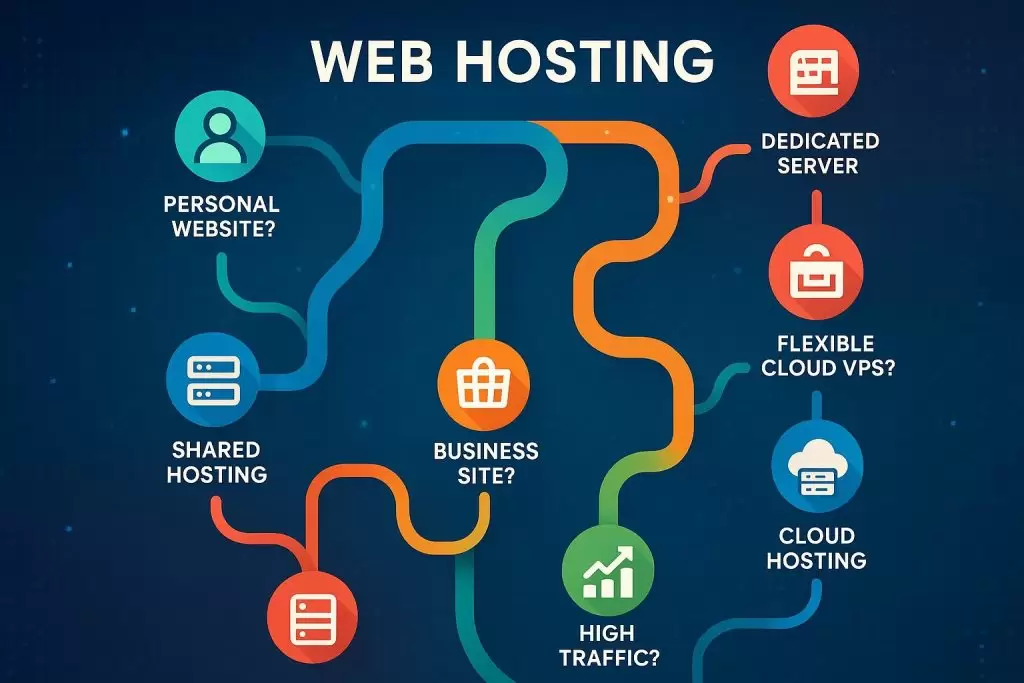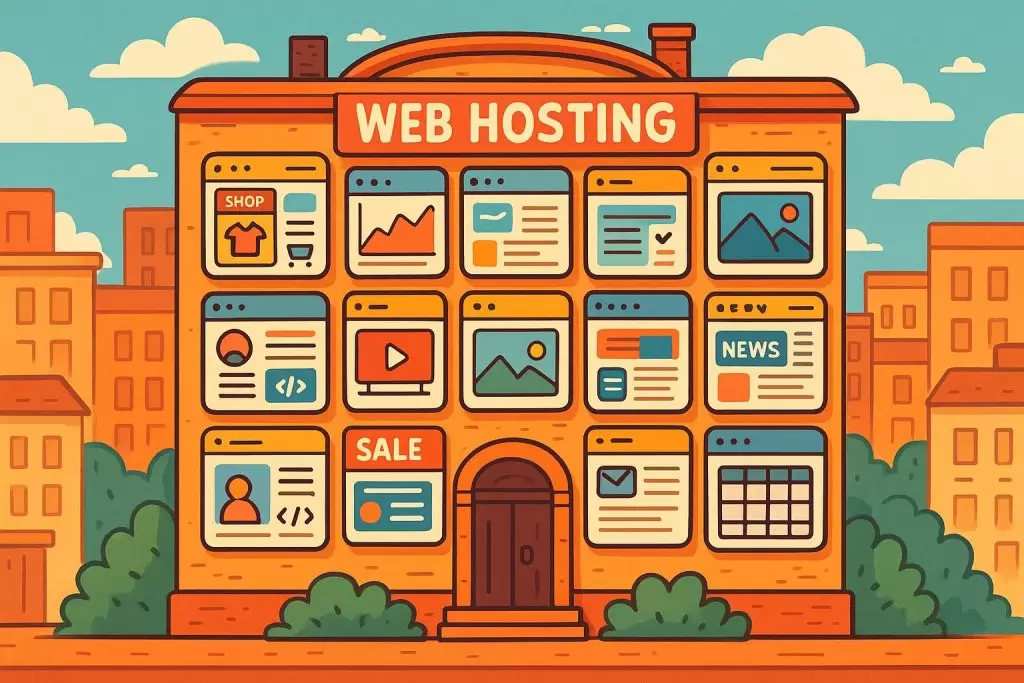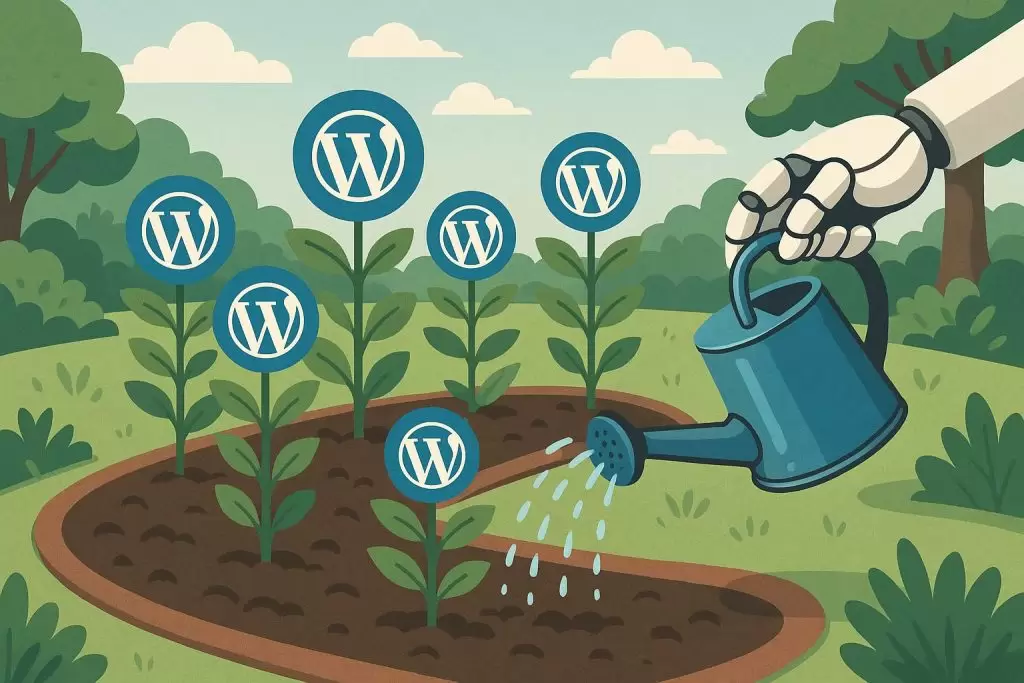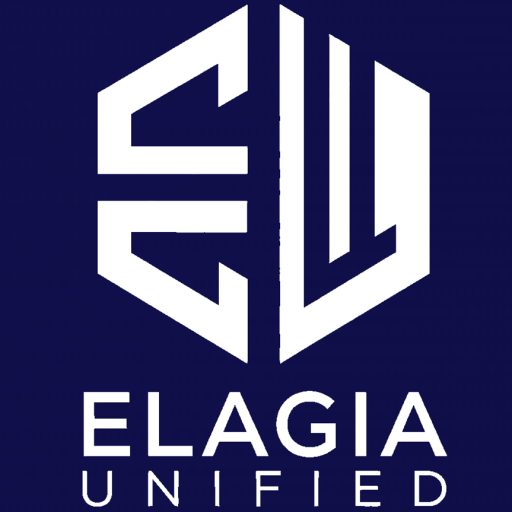The Ultimate Guide to Different Web Hosting Services and Plans in 2025
Introduction
Choosing the right web hosting service is one of the most important decisions when launching or growing a website. Your hosting plan affects your site’s speed, uptime, security, and ultimately your SEO rankings and user experience. With so many options available, it can be overwhelming to figure out which web hosting service and plan is best suited for your needs. This comprehensive guide will walk you through all the major types of web hosting services and plans available in 2025, helping you make an informed choice that aligns perfectly with your goals and budget.

What is Web Hosting?
At its core, web hosting is a service that stores your website’s files on powerful servers connected to the internet. When visitors type your website’s URL into their browser, the hosting server delivers the website content to them. Without web hosting, your website would not be accessible online.
Why Does Choosing the Right Web Hosting Matter?
Your hosting plan directly impacts:
- Website Speed: Faster load times improve user satisfaction and search engine rankings.
- Website Uptime: Reliable hosting means your site is online and accessible around the clock.
- Security: Good hosting providers offer robust security measures to protect your site and visitors.
- Scalability: The ability to grow your website without downtime or migration headaches.
- SEO Performance: Search engines favor websites that load quickly and have minimal downtime.

Key Factors to Consider When Choosing a Web Hosting Plan
Before diving into hosting types, keep these factors in mind:
- Reliability & Uptime Guarantees: Look for hosts that promise at least 99.9% uptime.
- Speed & Performance: Hosting with SSD storage, CDN integration, and caching options boosts speed.
- Security Features: SSL certificates, daily backups, malware scanning, and firewall protection are essential.
- Customer Support: 24/7 support via live chat, phone, or ticket system is highly recommended.
- Scalability: Choose a plan that allows easy upgrades as your traffic grows.
- Pricing Transparency: Beware of low introductory prices that spike after the initial term.

Different Types of Web Hosting Services
1. Shared Hosting
Overview: Shared hosting means your website shares server space and resources (CPU, RAM, bandwidth) with multiple other websites.
Best For: Beginners, personal blogs, small business websites, and portfolios with low to moderate traffic.
Pros:
- Very affordable — often the cheapest hosting option.
- User-friendly with easy control panels like cPanel.
- Hosting providers often include free domain registration and SSL.
Cons:
- Limited resources can cause slower load times during traffic spikes.
- Less security and control because of shared environment.
- Not ideal for large sites or e-commerce with high traffic.
Example: Bluehost, HostGator, SiteGround.

2. Virtual Private Server (VPS) Hosting
Overview: VPS hosting partitions a physical server into multiple virtual servers. Each VPS has dedicated resources isolated from others.Best For: Growing websites needing more power than shared hosting but not ready for a dedicated server.Pros:
- Dedicated CPU, RAM, and bandwidth improve performance.
- More control with root access and customizable software.
- Scalable resources as your website grows.
Cons:
- More expensive than shared hosting.
- Requires some technical knowledge to manage server settings.
- May need manual setup for some features.
Example: DigitalOcean, InMotion Hosting, A2 Hosting.

3. Dedicated Server Hosting
Overview: With dedicated hosting, you rent an entire physical server exclusively for your website.
Best For: High-traffic websites, large e-commerce stores, enterprises, or mission-critical applications.
Pros:
- Full control over hardware and software configuration.
- Highest level of performance and security.
- Can handle large volumes of traffic without slowdowns.
Cons:
- Significantly higher cost, often $80 to $300+ per month.
- Requires technical expertise to manage or a managed service plan.
- Overkill for small or medium-sized websites.
Example: Liquid Web, Hostwinds, OVH.

4. Cloud Hosting
Overview: Cloud hosting runs your website on a cluster of connected servers in the cloud, offering resources on demand.
Best For: Websites with fluctuating traffic or needing high scalability, startups, SaaS platforms.
Pros:
- Highly scalable — pay only for the resources you use.
- Excellent uptime due to redundancy across multiple servers.
- Fast deployment and easy upgrades.
Cons:
- Pricing can be unpredictable depending on usage.
- Some plans require technical knowledge to configure.
- Not all cloud hosts offer managed options.
Example: Amazon Web Services (AWS), Google Cloud, Bluehost Cloud.

5. Managed WordPress Hosting
Overview: Managed WordPress hosting is a specialized service optimized for WordPress sites with enhanced performance, security, and maintenance.
Best For: WordPress users who want hassle-free hosting with expert support.
Pros:
- Automatic WordPress updates and backups.
- Built-in caching and speed optimization.
- Enhanced security tailored to WordPress vulnerabilities.
- Expert WordPress support.
Cons:
- More expensive than typical shared hosting.
- Limited to WordPress sites only.
- Less control over server settings.
Example: WP Engine, Kinsta, Flywheel.

Comparing Popular Web Hosting Plans
| Hosting Type | Price Range | Performance | Control Level | Ideal For |
|---|---|---|---|---|
| Shared Hosting | $2 – $10/month | Basic | Low | Beginners, small sites |
| VPS Hosting | $20 – $100/month | Good | Medium | Growing businesses |
| Dedicated Hosting | $80 – $300+/month | Excellent | High | Large websites |
| Cloud Hosting | $10 – $200/month | Flexible | Medium-High | Scalable, traffic-heavy |
| Managed WordPress | $15 – $50/month | Optimized | Low | WordPress users |
How to Choose the Right Web Hosting Plan for Your Website
1. Assess Your Website Needs
- For small blogs or portfolios, shared hosting often suffices.
- If you expect moderate traffic growth, consider VPS or cloud hosting.
- Large businesses and e-commerce sites benefit from dedicated or high-quality managed hosting.
2. Factor in Your Technical Skill Level
- Shared or managed hosting is best if you want hassle-free maintenance.
- VPS and dedicated hosting require more server management knowledge.
3. Budget Wisely
- Don’t base your choice solely on price; the cheapest plan may cost you in lost visitors or downtime.
- Consider plans with transparent renewal rates and included features like SSL and backups.
4. Check for Essential Features
- SSL certificates (some hosts provide free Let’s Encrypt SSL).
- Automated daily backups.
- One-click CMS installers (like WordPress).
- Security features such as malware scanning.
5. Read Customer Reviews and Test Support
- Good customer service can save you hours of frustration.
- Test response times and support quality before committing.
Frequently Asked Questions (FAQs)
Q: What is the difference between shared and VPS hosting?
A: Shared hosting means multiple sites share resources on one server, while VPS hosting gives you dedicated virtualized resources within a server, improving performance and control.
Q: Can I switch hosting plans later?
A: Yes, most providers allow you to upgrade your plan (e.g., from shared to VPS) as your site grows, often with minimal downtime.
Q: Is cloud hosting more expensive than shared hosting?
A: Cloud hosting usually costs more but offers better scalability, reliability, and performance. Pricing depends on your actual resource usage.
Q: What hosting is best for WordPress?
A: Managed WordPress hosting offers the best speed, security, and support specifically for WordPress sites. Shared hosting can also be used but may be slower.
Conclusion
Choosing the right web hosting service and plan is a foundational step for your website’s success. Whether you’re launching a personal blog, business site, or a high-traffic e-commerce store, understanding the pros, cons, and ideal use cases of shared, VPS, dedicated, cloud, and managed WordPress hosting will empower you to pick the best fit.Remember: good hosting improves your site’s speed, security, uptime, and SEO rankings — all key to attracting and retaining visitors. Take your time to evaluate your needs, budget, and technical comfort level before deciding.
Ready to launch your website with the perfect hosting plan? Start by exploring reputable hosting providers and compare their offerings today!

